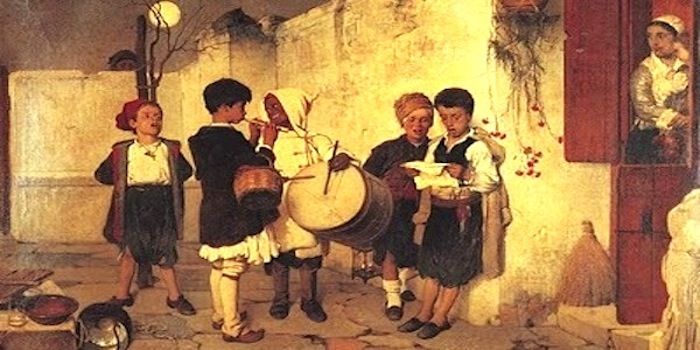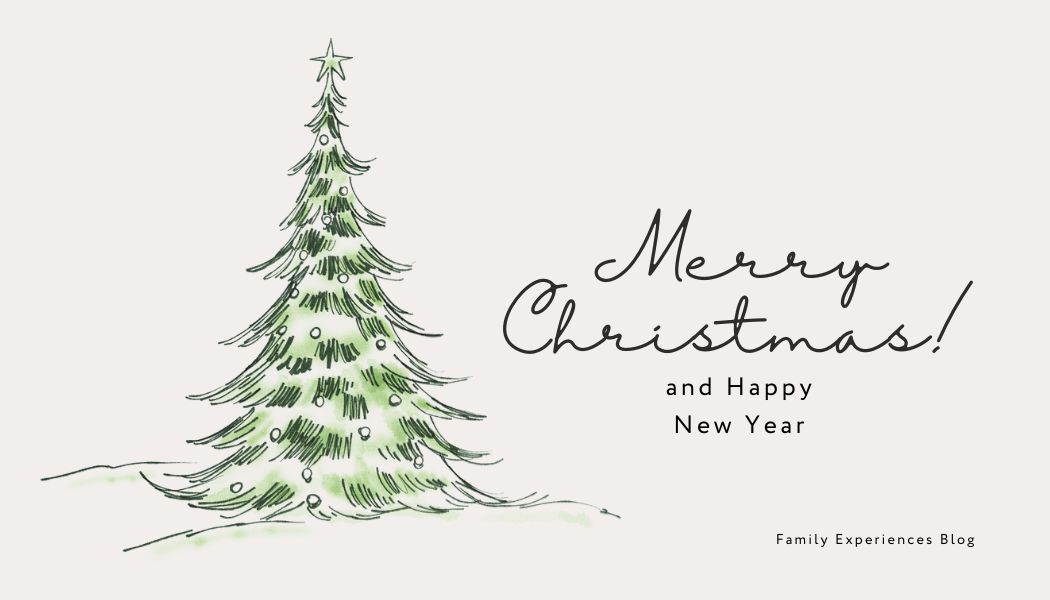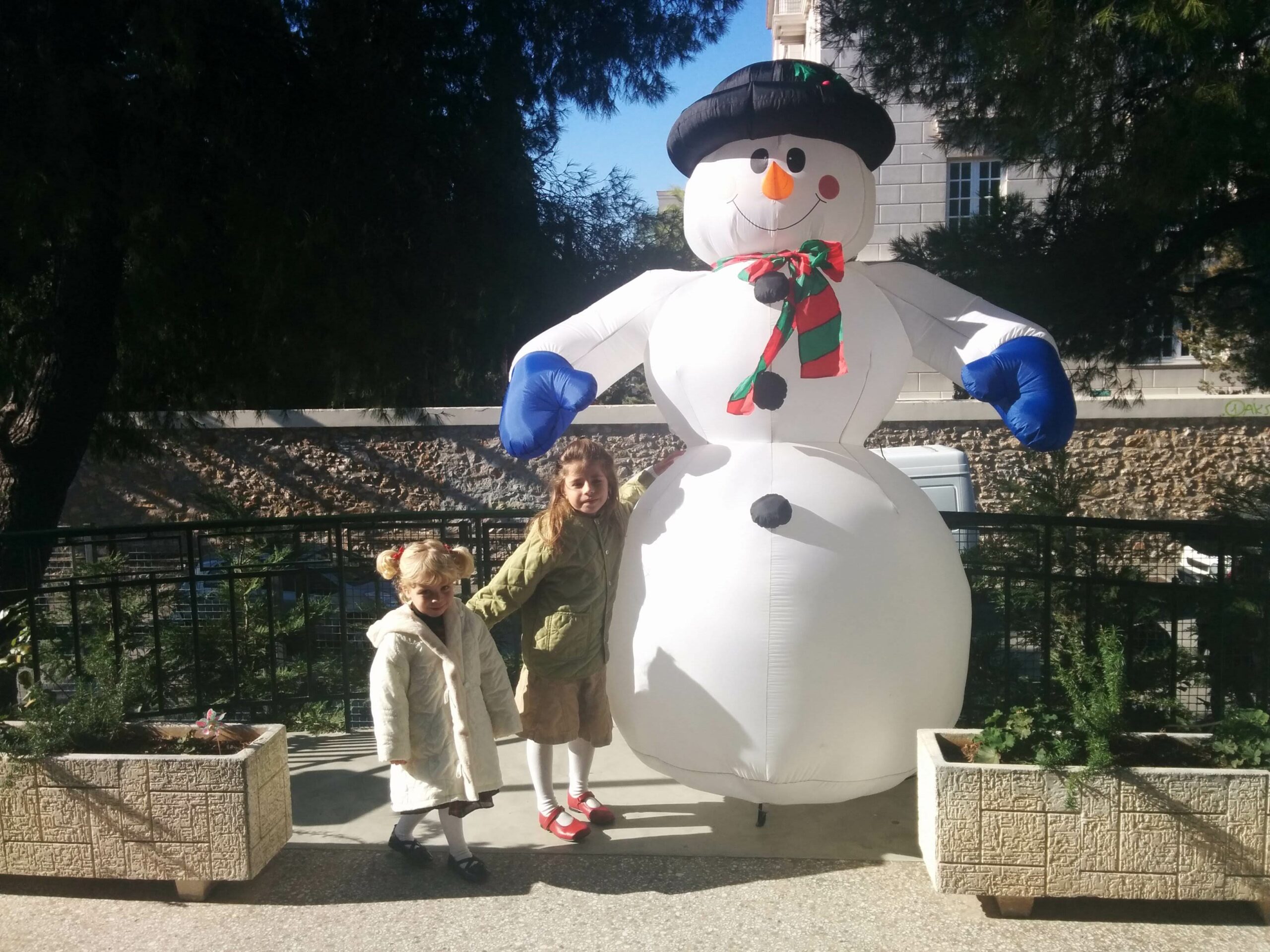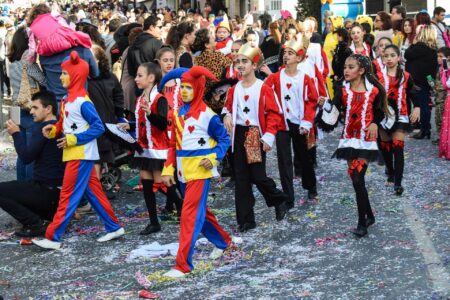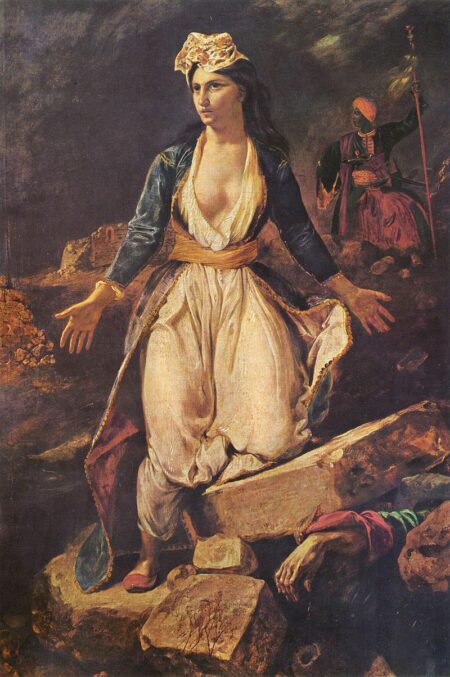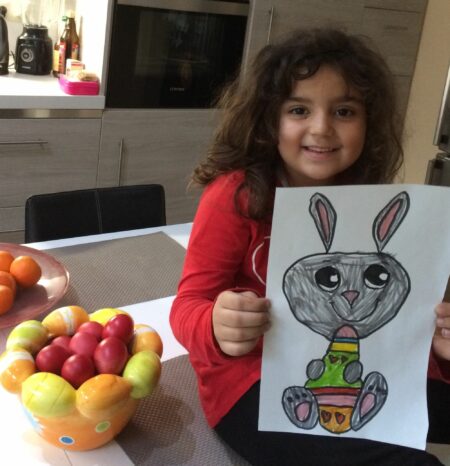Christmas may be celebrated around the world, but not everyone celebrates the same way. Different countries and cultures incorporate many unique traditions into Christmas, making the holiday special. If your family plans to spend the holiday in Greece, you may want to learn about Greek Christmas Traditions.
Greek Christmas Traditions
Karavaki
Greece has a long-standing tradition known as karavaki, or Christmas Boat. Literally translated to mean “little ship,” this tradition embraces the practice of decorating sailing and fishing boats with lights for the holiday. While modern Greeks decorate their homes with lighted Christmas trees for the season, it was once commonplace to use a lighted ship model as the centerpiece of holiday decorations.
In recent years, this practice made a comeback with lighted ships often seen in restaurants and shops during the season, especially on the islands where the tradition seems to have originated.
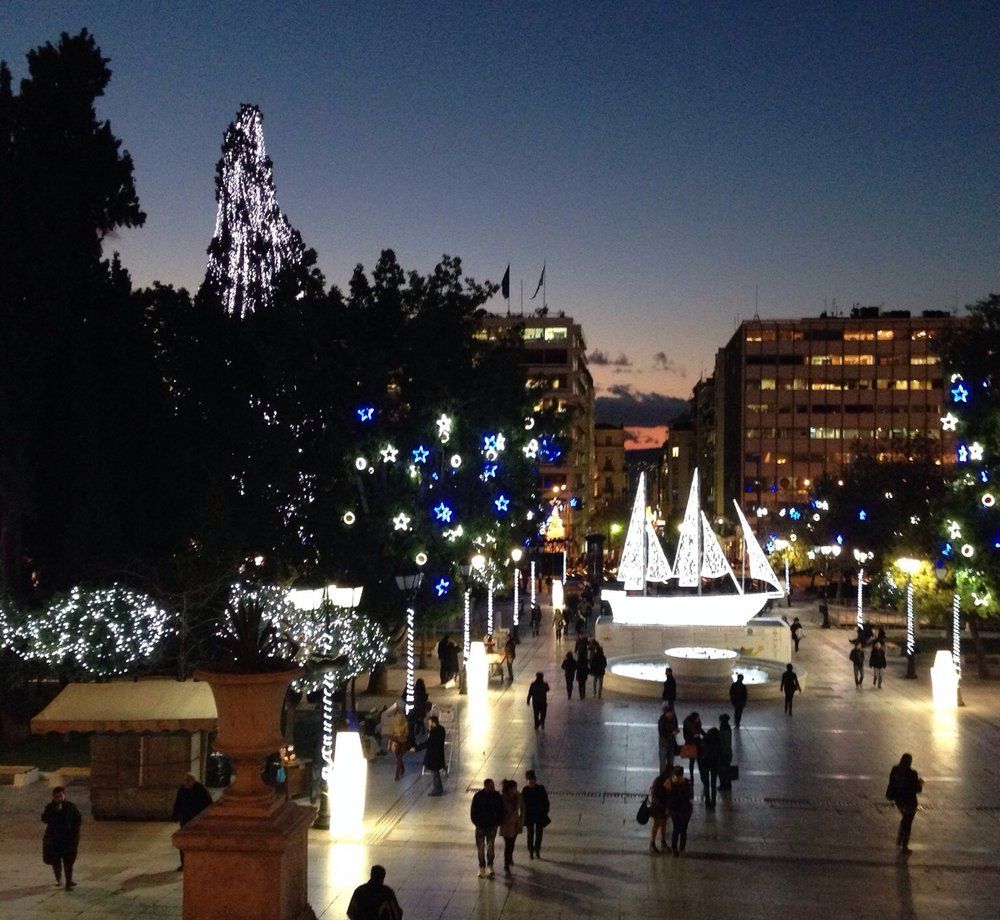
Kalanta
Kalanta are Christmas carols sung on 24 December. If you live in Greece, be prepared to hear your doorbell ring early morning. Kids go from house to house playing a triangle and singing special songs. If they are lucky, they are rewarded with money or a sweet. In the past, kids would also be carrying a boat, a very old custom in especially the Greek islands. Depending on the region, kids sometimes played the lyra, a traditional Greek string instrument, a drum, or a bagpipe-style instrument.
Kallikantzaroi
The Kallikantzaroi are goblins (or bad spirits) that emerge from the center of the earth and slip into people’s homes through the fireplace. They are more troublemakers than harmful. Kallikantzaroi only appear during the 12 days between Christmas and Epiphany on 6 January. In the past – and still today in some village houses – you can find a shallow wooden bowl with water and basil/and or a cross. Water is kept in the bowl to keep the basil alive and fresh. Once a day, mother would dip the cross and basil into some holy water and sprinkle it in each room of the house to chase away the Kallikantzaroi.


